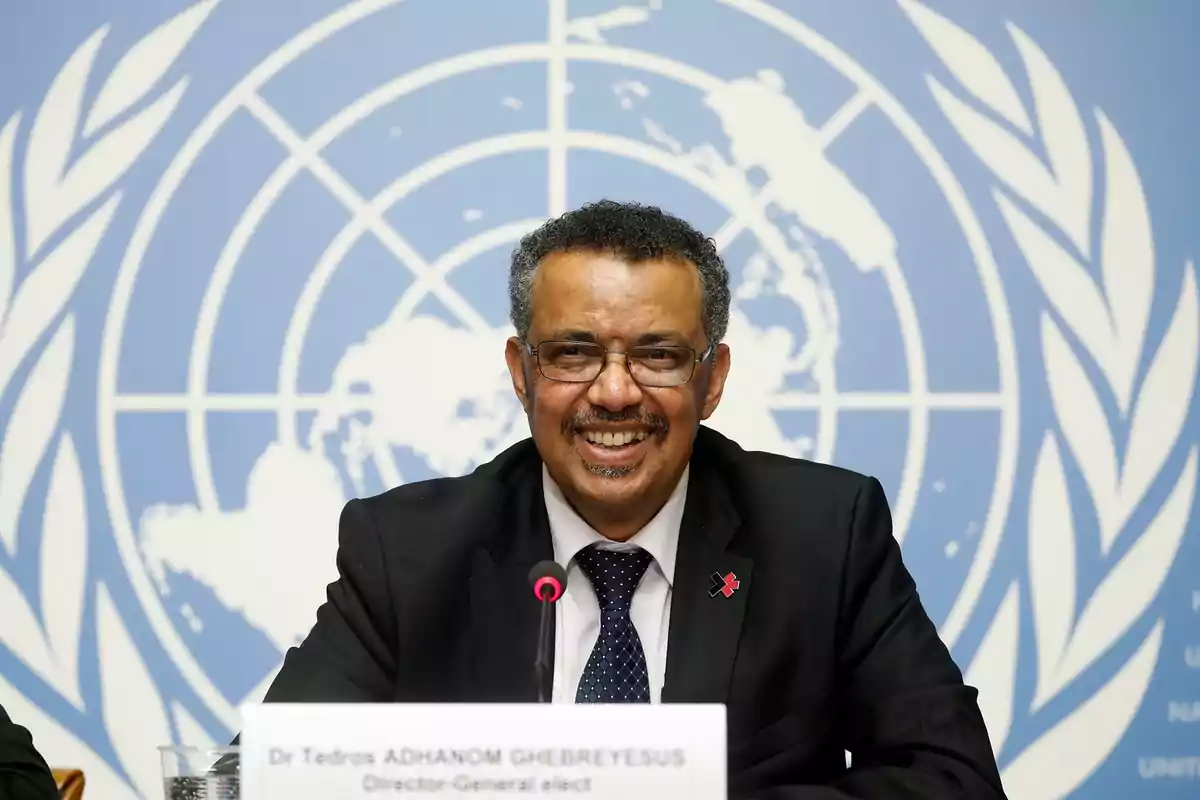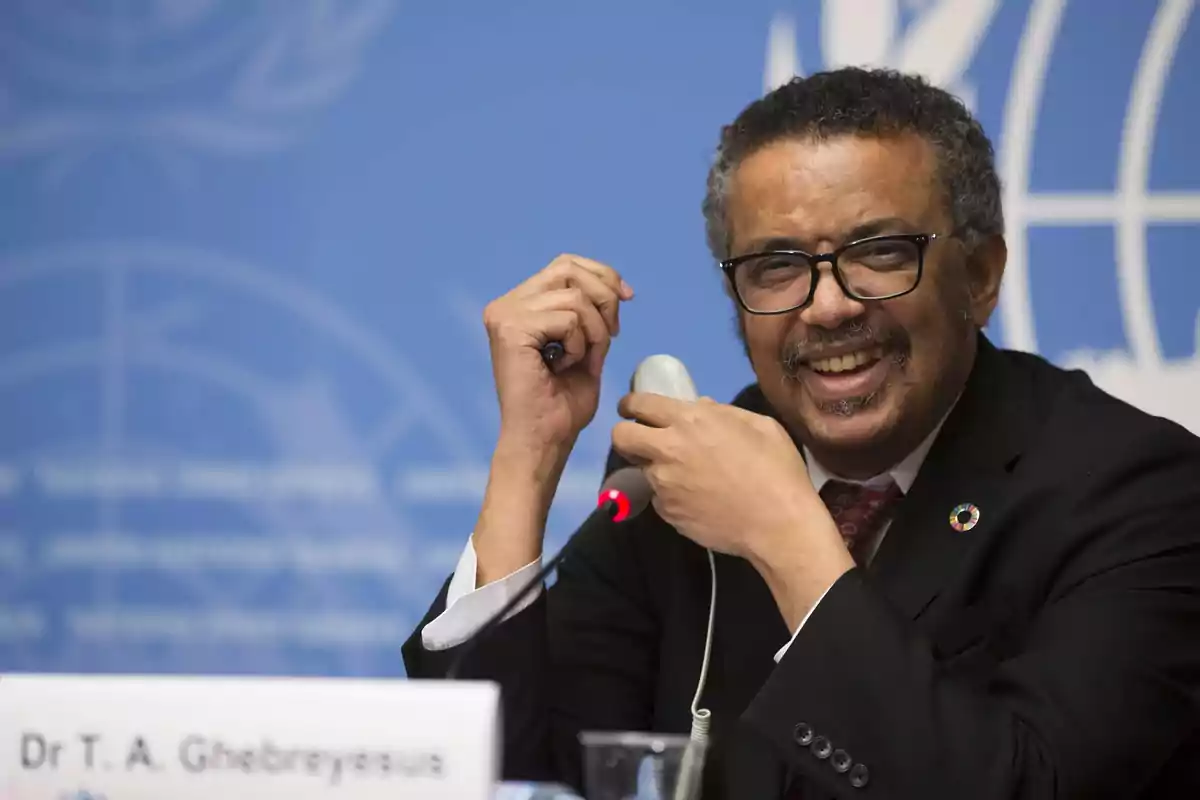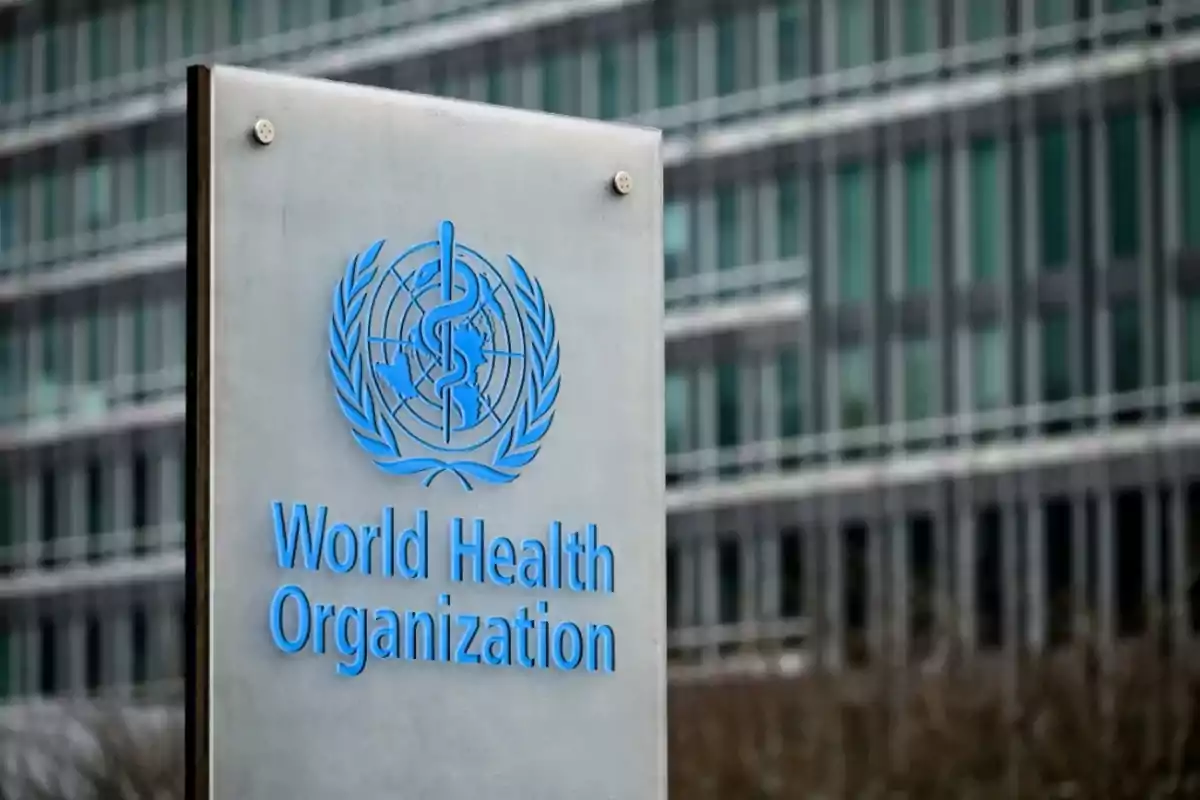
The authoritarian WHO Pandemic Treaty will come into effect this Friday.
This agreement constitutes a direct threat to the sovereignty of states and to individual freedoms
This Friday, July 18, the controversial Global Pandemic Agreement recently approved by the 78th World Health Assembly, the highest deliberative body of the World Health Organization (WHO), will come into force.
Although the text is presented as a tool for international cooperation for future health emergencies, in reality it constitutes a direct threat to States' sovereignty and individual freedoms.
The agreement was approved by 124 countries and is supposedly aimed at ensuring access to vaccines, treatments, and measures to be taken in the event of future pandemics. However, behind the rhetoric of global health solidarity lies a legally binding framework that grants the WHO unprecedented powers to impose measures on signatory nations, even overriding their governments.

One of the most controversial points of the treaty is that, if the WHO declares a pandemic, the organization may order global lockdowns, implement mandatory quarantines, and establish health restrictions in all signatory countries. Unlike COVID-19, where decisions were largely recommendations, the new treaty legally binds States to follow the guidelines dictated from Geneva, the organization's headquarters.
This way, national Health Ministries will be subordinated to the WHO's decisions, which becomes the highest health authority, even above presidents or prime ministers, in the context of a pandemic.
In addition, countries are required to share epidemiological data and apply procedures defined by the WHO, limiting the scope for national maneuver. Added to this is the requirement to create and implement permanent programs with the supposed aim of "preventing future pandemics," which implies increases in public spending and budget reallocations without internal legislative approval.
The return of the health dictatorship
During the COVID-19 pandemic, millions of citizens witnessed how the most basic freedoms could be suspended in the name of a health emergency. Mandatory quarantines, school closures and business closures, restrictions on movement, curfews, and the imposition of medical measures under threat of sanctions marked a period that no one wants to repeat.
In this context, one of the most controversial elements of the new treaty is that it enables the use of the "health passport" as an instrument to condition essential freedoms. In other words, those who do not have certain vaccines or medical certificates could be prevented from accessing public places, jobs, travel, or even basic services, in a scenario of clear discrimination and health segregation.

In addition, the text doesn't establish external control mechanisms or clear limits to the WHO's authority, which may act as a governing body without institutional checks and balances. All this reinforces fears of a drift toward a global surveillance model, where individual rights are subordinated to technical criteria defined by international bureaucrats, without democratic legitimacy.
Meanwhile, while supporters of the agreement insist on the need for international coordination in the face of biological threats, concern is growing about the risk of creating a global legal architecture that allows essential rights to be limited without citizen or parliamentary oversight.
In the name of public health, censorship has already been imposed, scientific dissent has been persecuted, and a discourse of fear has been normalized to justify authoritarian and extreme measures. The new treaty could institutionalize that model, leaving no room for criticism and no margin for sovereign decisions.
The entry into force of the Global Pandemic Agreement marks a turning point. The mere fact that an international organization can decide quarantines, require health passports, or impose mandatory public spending represents a threat to national sovereignty and individual freedoms.
More posts: